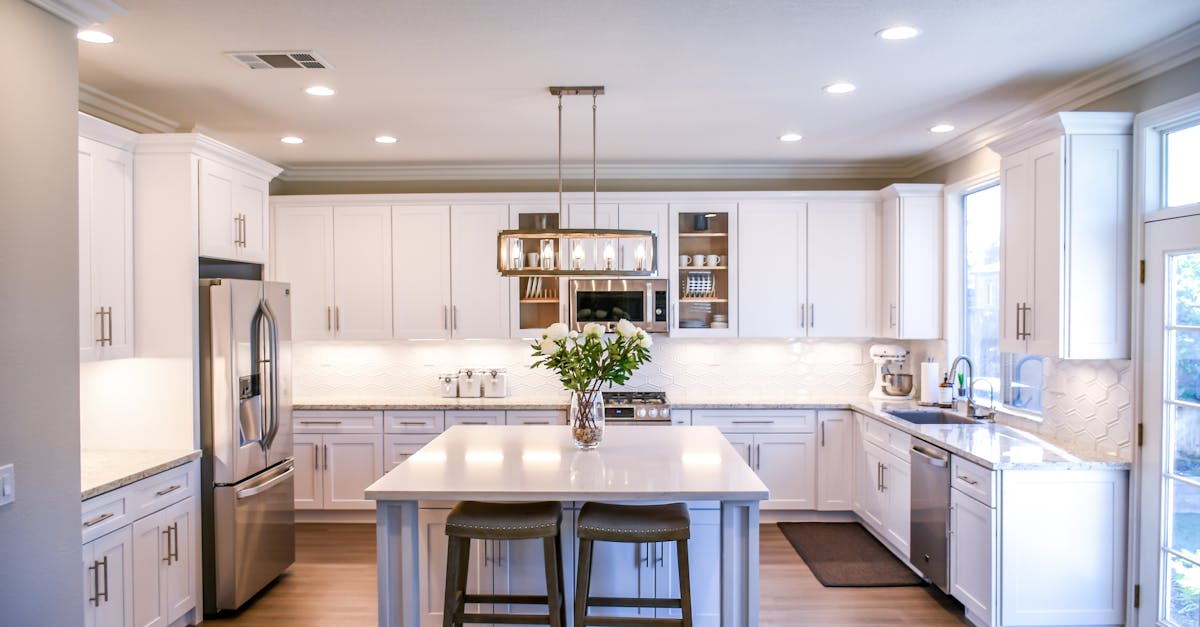What is a Hybrid Appraisal?
A hybrid appraisal, also known as a Fannie Mae 1004 Hybrid or Freddie Mac 70H, represents a new wave in the real estate industry. It's an innovative approach to property valuation that combines the traditional full appraisal methodology with modern, data-driven techniques. It involves a licensed appraiser utilizing a third-party property inspector to collect on-site data, such as interior and exterior property photos, measurements, and condition details. The appraiser then combines this information with their own market analysis and desktop valuation to deliver an accurate property value.
Main Takeaways
- Hybrid appraisals offer a cost-effective, potentially faster alternative to traditional appraisals.
- They're not suitable for every situation – the choice depends on your unique property, the transaction needs, and the preferences and requirements of the lender.
- Hybrid appraisals involve two professionals – a property inspector and a licensed appraiser.
- Promoted by major entities like the Appraisal Institute and the National Association of Realtors.
What is the Purpose of Hybrid Appraisal?
The purpose of a hybrid appraisal is to streamline the property valuation process. The approach is designed to provide a quick and efficient valuation, typically used for refinance transactions, home equity lines of credit, portfolio valuation, or situations where a full appraisal isn't necessary.
Pros and Cons of Hybrid Appraisals
Pros
- Reduced Costs: Hybrid appraisals typically cost less than full appraisals.
- Reduced Costs: Hybrid appraisals typically cost less than full appraisals.
- Market Coverage: They can cover areas where local appraisers may not be readily available.
Cons
- Less Detailed: They might not be as thorough as traditional appraisals, potentially missing critical property details.
- Less Detailed: They might not be as thorough as traditional appraisals, potentially missing critical property details.
- Not Suitable for Complex Properties: Hybrid appraisals might not work well for unique or complex properties due to their less detailed nature
Hybrid Appraisal Fees
The fees for hybrid appraisals are generally lower than for full appraisals. While the cost may vary depending on the market and property type, you can typically expect to pay around 50-75% of the cost of a full appraisal.
Is a Hybrid Appraisal Right For You?
Hybrid appraisals are not a one-size-fits-all solution. They work best for conventional properties in stable markets and may not be suitable for unique properties or volatile markets. Consider your specific transaction needs, time constraints, and the complexity of your property when deciding if a hybrid appraisal is right for you.
True Footage’s Approach to Hybrid Appraisals
True Footage embraces hybrid appraisals as part of our commitment to delivering value, speed, and accuracy in our property valuation services. Our process is in line with guidelines established by key industry entities, such as the Appraisal Institute and the National Association of Realtors. We maintain a high standard for third-party inspectors and uphold rigorous quality control measures to ensure the delivery of reliable appraisals.

Blaine Feyen is the Head of Community at True Footage. Born and raised in Michigan, Blaine has been in the real estate and related industries for over 30 years. Buying his first duplex at 18, Blaine has been a Realtor, Lender, Investor, Builder, and 20+ year Appraiser. Blaine built and sold three appraisal firms over the years, and has coached many other Appraisers in building their companies as well. Blaine holds a fifth-degree black belt in Aikido and spends his free time doing Brazilian Jiu-Jitsu, riding motorcycles, recording podcasts, and writing.

